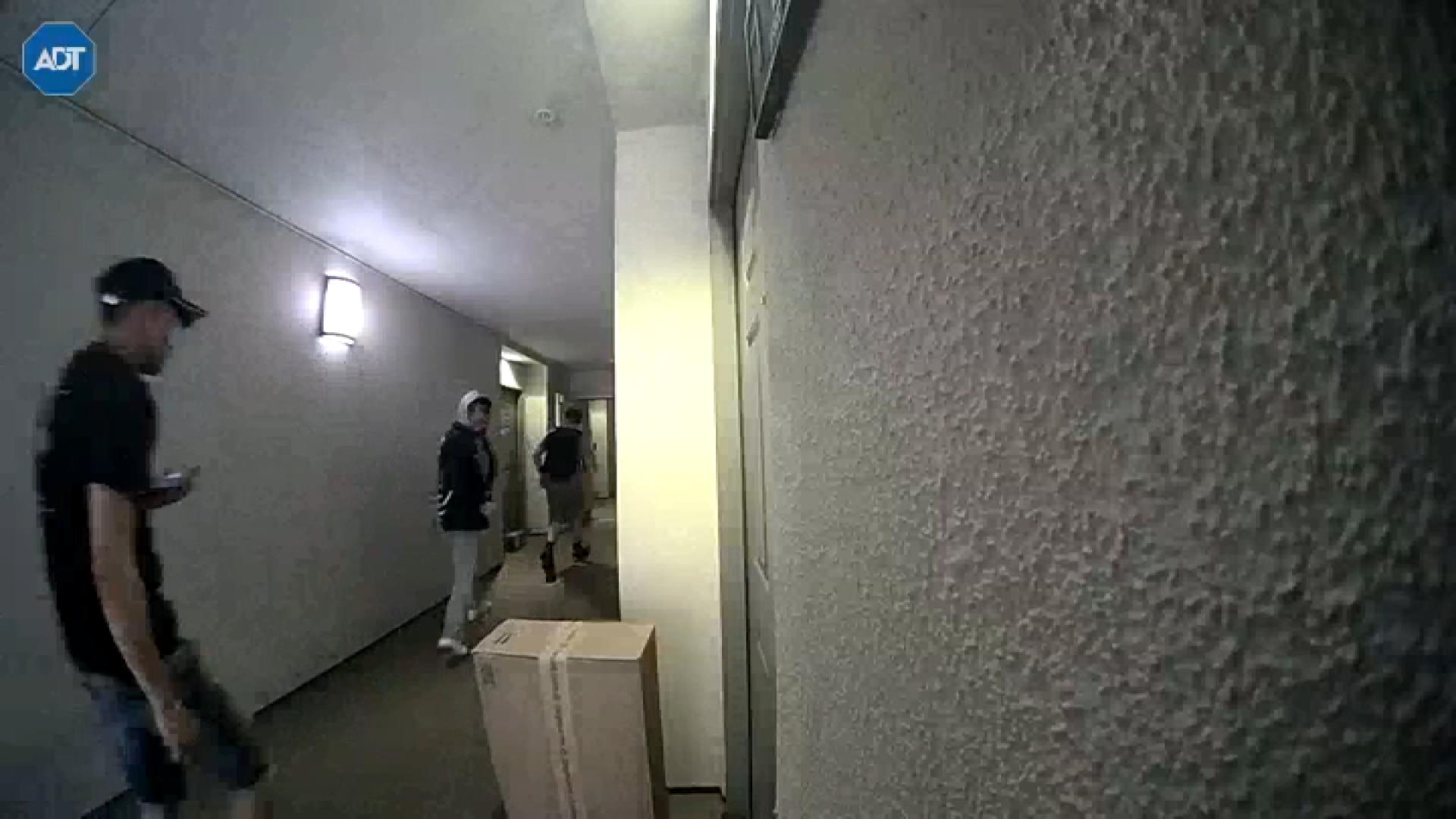Residents of a North Hollywood neighborhood protested the installation of a cell tower Monday afternoon at their neighborhood police station, citing health concerns, lowered property values and a violation of their right to due process.
"We're depending on our city to not cover up health effects, but to protect its citizens from known carcinogenic and neurotoxic health effects that have been shown in thousands of studies from the microwaves used by wireless," said Kevin Mottus, a protest organizer.
Cellphone towers are known to emit radio frequencies (RF), which could be "possibly carcinogenic to humans," according to the The World Health Organization.
Protesters cited a situation in which the Los Angeles Firefighters' Union successfully rejected the installation of an LA-RICS cell tower because of health concerns, and said they were not given the same consideration.
Jerry Cady, who has lived in the neighborhood for 30 years, added that community members' opposition to the cell tower was ignored by Los Angeles Councilman Paul Krekorian, who serves the area which is part of District 2.
"We were given no due diligence, no notices, we were not allowed to say one thing. We contacted Krekorian, we've contacted the mayor's office," Cady said. "Everybody puts us off and points the finger somewhere else."
Ian Thompson, a spokesman for Krekorian's office, said because the project had approval from the Los Angeles City Council, the cell tower in North Hollywood did not need Krekorian's authorization.
News
Top news of the day
"The Mayor and the full City Council approved the LA-RICS project, including the NoHo tower, months ago. Because of that, LA-RICS did not require authorization from Councilmember Krekorian to install the NoHo tower," Thompson said in a statement. "In fact, they started construction without notifying him. As a Joint Powers Authority, which is a separate government entity from the City of Los Angeles, LA-RICS has that authority."
Krekorian asked LA-Rics to reach out and educate the community about the tower, which they did.
Thompson added that the LA-RICS system is necessary for emergency responders.
"This tower will not be used by any commercial carriers. It will be dedicated solely to our public safety agencies to make sure they can communicate," he said.
Pat Mallon, executive director of LA RICS, said in a statement that "worries are misguided."
"While we respect the sincerity of the protestors, science shows their worries are misguided about the public health effects of radio frequency emissions from our new broadband system," Mallon said. "The ground-level emissions from the LA RICS tower planned for North Hollywood will be 1,000 times lower than the most stringent safety level set by the Federal Communications Commission—and much lower than the laptops, microwave ovens, Bluetooth headsets and cordless telephones that are pervasive in our homes and offices. We explained this at a recent North Hollywood community meeting, one of several such meetings we have held throughout Los Angeles County in the last two months.
"Meanwhile, the new LA-RICS public safety broadband network we are building will make sure our police officers, firefighters and paramedics can communicate with each other during the times we need them most—public emergencies—rather than having to compete for space on already congested commercial networks."



